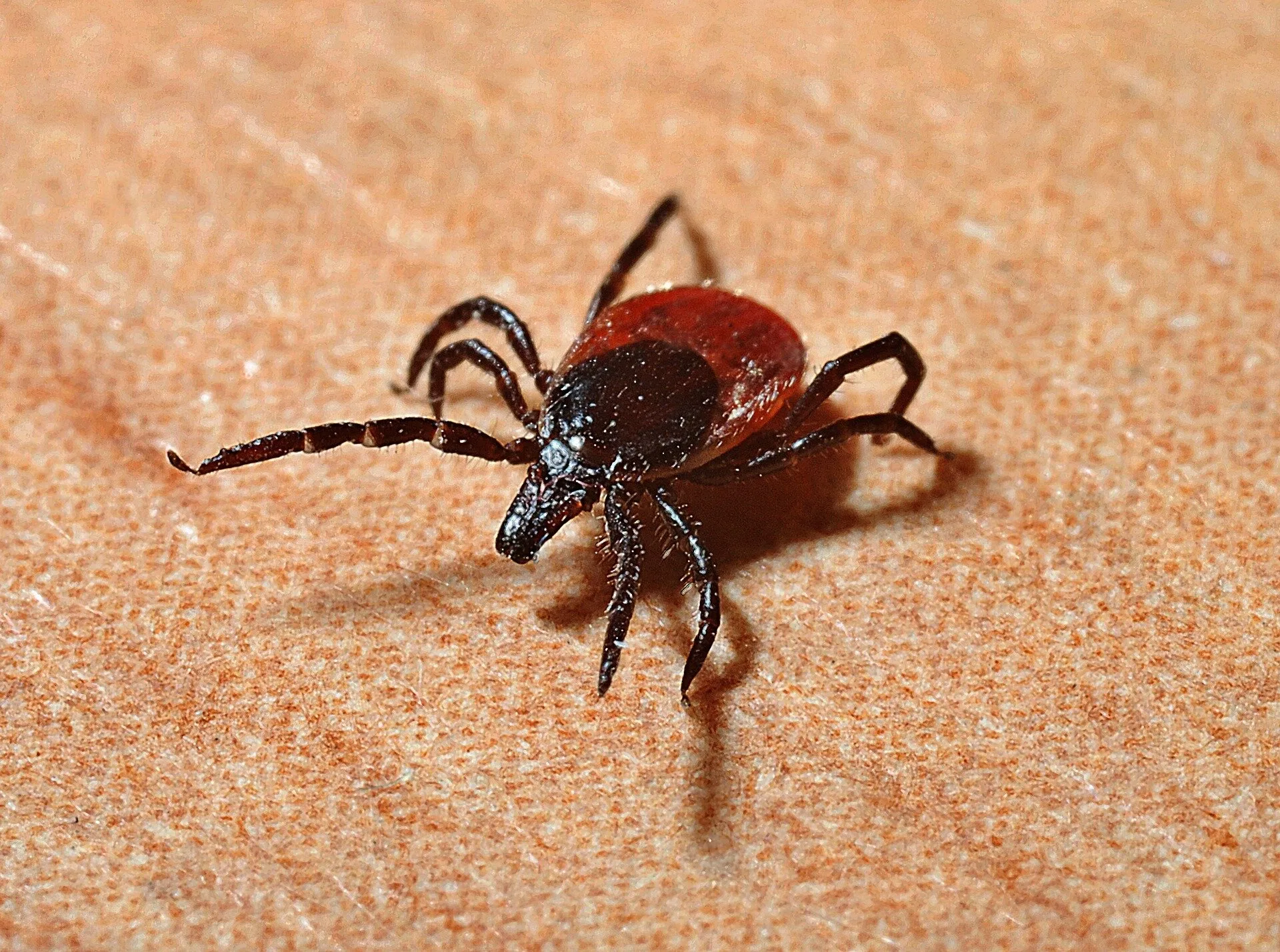Tick Season: What You Need to Know as It Intensifies
With summer in full swing, outdoor activities are on the rise. Unfortunately, so is the prevalence of ticks. Tick season is not only arriving sooner but also extending its duration, leading to an increased risk of tick-borne illnesses in regions where they were previously uncommon.
Why Are Ticks More Prevalent?
Several factors contribute to the expanding tick populations:
- Climate Change: Warmer temperatures allow ticks to thrive for longer periods.
- Habitat Expansion: Ticks are moving into new areas due to changing environmental conditions.
- Increased Outdoor Activity: More people are spending time outdoors, increasing the chances of encountering ticks.
Protecting Yourself from Ticks
Taking preventive measures is crucial to minimize the risk of tick bites:
- Use Insect Repellent: Apply insect repellent containing DEET, picaridin, or permethrin.
- Wear Protective Clothing: When possible, wear long sleeves, long pants, and tuck pants into socks or boots.
- Check for Ticks: After spending time outdoors, thoroughly check yourself, your children, and your pets for ticks.
- Stay on Marked Trails: Avoid walking through high grass and brush where ticks are more likely to be found.
What to Do If You Find a Tick
If you find a tick attached to your skin, remove it promptly and carefully:
- Use fine-tipped tweezers to grasp the tick as close to the skin’s surface as possible.
- Pull the tick upward with steady, even pressure. Avoid twisting or jerking the tick.
- After removing the tick, clean the area with soap and water or rubbing alcohol.
- Monitor for signs of illness, such as rash, fever, or flu-like symptoms, and consult a doctor if they develop.
Tick-Borne Diseases to Be Aware Of
Ticks can transmit various diseases. Awareness and early detection are vital:
- Lyme Disease: Characterized by a bullseye rash, fever, fatigue, and joint pain.
- Rocky Mountain Spotted Fever: Symptoms include fever, headache, and rash.
- Ehrlichiosis: Often presents with fever, headache, fatigue, and muscle aches.
Final Overview
As tick season intensifies, staying informed and taking preventive measures is essential for protecting yourself and your family. By understanding the risks and implementing effective strategies, you can enjoy the outdoors with greater peace of mind.




+ There are no comments
Add yours